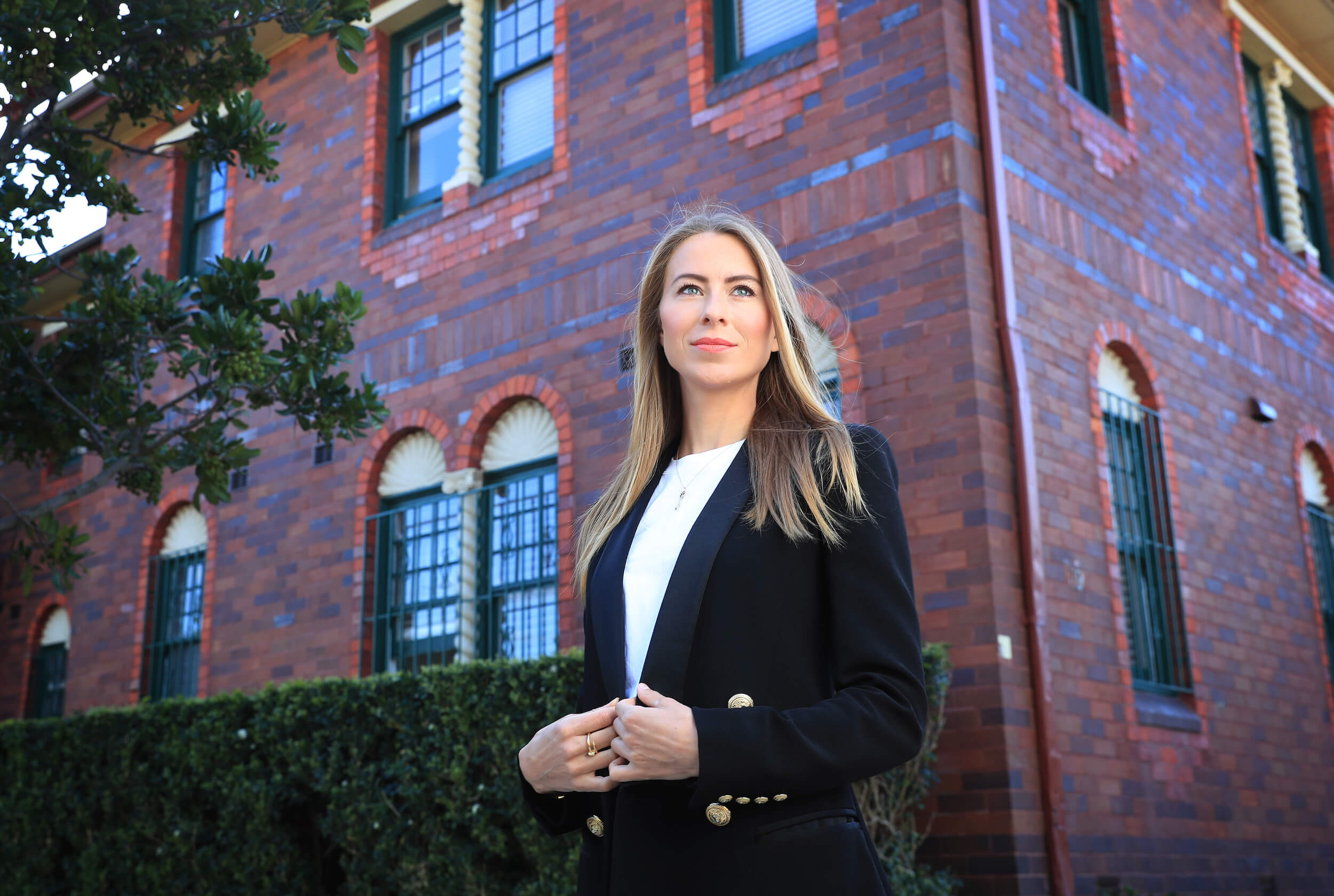Aussie home price speculation is a "mug's game" but the sector's still hard to beat
The Reserve Bank of Australia’s shock decision to start slowing the pace of interest rate rises this week has spurred yet more speculation on the implications for local property owners.
The sixth consecutive increase announced on Tuesday brings the cash rate to 2.6%, but the 0.25% lift came in below the 0.5% that was widely expected.
“There are two things happening here – there’s a cycle and there are structural shifts. Everyone wants to talk about the cycle,” says Chris Bedingfield, principal and portfolio manager at Quay Global Investors.
“This is fine if you’re looking at what’s going to happen over the next six, 12 or maybe even 18 months. But looking at that sort of timeframe is, quite frankly, a mug’s game,” Bedingfield says.
He argues that if you’re looking at buying a home – whether as a principal place of residence or investment – you’re not thinking about such short periods.
%20(1).png)
“Tell me where prices are going to be in five to 10 years, that’s what matters,” Bedingfield says.
He explains that, over time, house prices track replacement costs. Every market requires something relative to price itself against. And in the case of residential property, interest rate movements are the simplest example.
“As we’re all talking about now, the RBA has just lifted by another 25 basis points, which means everyone who borrows over the short term gets that 25-basis point lift,” Bedingfield says.
“Housing is no different to anything else. If it costs $800,000 to build a brand-new house right on the fringe of the dingo fence, then everything gets priced relative to that.”
He believes the structural shifts are far more important than those that are cyclical, pointing to the replacement costs of Australian property, which grind higher year in and year out.
“House prices must trade above this replacement cost, otherwise no one builds. And if no one builds, then you get this demand and supply squeeze and then rents just go crazy, which is what’s happening now,” Bedingfield says.
“The biggest question is, if I buy for the next five or seven years – which is the typical range of home ownership – am I going to be ahead or behind?”
He believes the replacement cost for new homes will be far higher five years from now.
How property stacks up against other sectors
Bedingfield points to another aspect that’s often ignored in much of the current commentary.
“You’ve got the regular crowd running around calling it a property crash, but bonds are down 30% this year and equities are down too, so this so-called ‘interest rate sensitive sector’ is definitely the best place to be,” he says.
Bedingfield also emphasises the healthy auction clearance rates we’ve seen over the last few weeks, which he notes are around 60% in Sydney and Melbourne – after adjusting for the effect of the recent public holidays.
“Historically, that means a stabilising market [when addressing this] as true long-term investors thinking about the next five years,” he says.
“We’ve had these rate rises and yet the market is holding up way better than in 2019 in terms of clearance rates.”
Declining housing construction approvals and starts also point to rising building costs driven by materials and labour shortages, which feed into Bedingfield’s conviction of higher home prices over time.
“Right now, we’ve got replacement costs going up and prices coming off a bit but that will change at some point over the next three or four years, I’m absolutely certain of that,” he says.
Property upswings outweigh the declines
Eleanor Creagh, a senior economist with REA Group’s property data firm PropTrack, is similarly sanguine in her outlook for house prices. She emphasises calendar year nominal home price growth has only been negative five times since 1990. And on a national level, those downturns have never exceeded 10%.
.jpeg)
She notes that the national average home price is up more than 30% since 2019, despite the fall of almost 3.5% during the last seven months – with declines of around 5% in the largest Sydney and Melbourne markets.
“In every instance, the preceding upswing was larger than the downturn that followed. And that is likely to also be the case this time around,” Creagh says.
“Home prices are still up significantly on pre-pandemic levels and even after this correction, they’re likely to remain above these levels in most parts of Australia.”
The breakdown for buyers and sellers
Asked to break down the Australian market in terms of its appeal to property investors, Creagh says Adelaide and other regional cities are among the most attractive sellers’ markets.
“The total stock of properties available for sale in those markets is still very constrained and very much below pre-pandemic levels, which means prices aren’t falling as quickly,” she says.
“And if you’re a buyer, the capital cities of Sydney and Melbourne have especially benefited given more properties have come to market, so buyers have a lot more choice.”
Though Creagh emphasises that the decision depends on whether you’re focused on generating either rental yield or capital growth.
“Certainly, the rental market across Australia is incredibly tight and with rebounding foreign migration, those rental price pressures are likely to continue. If investors are willing to turn their attention from capital gains toward rental yields, there are attractive opportunities,” Creagh says.
Never miss an insight
If you're not an existing Livewire subscriber you can sign up to get free access to investment ideas and strategies from Australia's leading investors.
And you can follow my profile to stay up to date with other wires as they're published – don't forget to give them a “like”.
2 topics
1 contributor mentioned

